While awareness around mental health has improved dramatically over the past few years, there is still much debate around the best way to stay healthy and happy.
Dr Mike Ramsay and Paul Smith from Dundee University have decades of experience between them in working with people experiencing mental health challenges.
But what advice do they make sure and follow themselves – and what would they tell a loved one if they needed support?
For Mental Health Awareness Week 2024, we asked them to name a few of the golden rules we should all aim to follow to increase energy levels, reduce stress and boost self-esteem.
‘Connecting socially is good for mental well-being’
Making social connections is good for mental well-being.
Mike says: “I cycle weekly with friends, meet another group to watch Dundee United, enjoy badminton and sing in Dundee Gaelic Choir.
“Coming together with others gives us a feeling of self-affirmation and while it makes us feel good, it makes those around us feel good too.”
Paul also makes a point of staying connected with close friends and loved ones.
“Our brains flourish with healthy relationships,” he says.
“So I try to invest in all my friendships either face to face or by phone/text/social media to help them thrive as I grow older.
“The quality of the relationship is more important to me than the number of friends I have.
“At work, I try to get away from the desk at break times to spend time with work colleagues.
“Work offers an opportunity to build relationships and good friendships.”
A healthy diet nurtures mind and body
Both Mike and Paul know the importance of eating well – for the body and for the brain.
Mike says eating a healthy diet – including avoiding too much alcohol and caffeine- boosts our sense of well-being in every way.
“I try to avoid too much fast and processed food.
“I do like homemade soups, which I bring I try to bring in for lunch, and while I actually drink quite a lot of coffee, it is decaffeinated.”
While Paul adds: “I try to avoid heavily processed foods and only partake in moderate [amounts of] alcohol.
“I try to take more plant foods like fruit, vegetables and fish and only use olive oil. I stay away from coffee during the day.”
Cutting back on social media
Paul says social media has many positives, which includes allowing us to easily keep in touch with others.
But it also exposes us to content which can potentially damage our mental health.
“Limiting our exposure protects us from the nastier side of these platforms, which can negatively impact our mental wellbeing,” Paul says.
“I rarely post on my news feed now.
“I keep most of my social media posting to a private mental health community group.
“This boosts my self-esteem and keeps me connected to people who have an interest in mental health.”
While Mike adds: “I just don’t go on social media often and a lot of the time I don’t respond to negative stuff. Generally I’ve cut my screen time.”
Move as much as you can
Movement can help the mind as well as the body.
Paul says: “I go to a local gym four to six times a week. This helps clear my mind and relieve tension.
“We have a lift at our Fife campus but I always take the stairs.
“Recent evidence suggests that people who climb stairs regularly as a simple form of movement are at a lower risk of heart attacks and strokes.
“Even a gentle walk can change our mood dramatically.”
Self-compassion
Another tip from the experts is to be mindful and take time for ourselves.
“Learning to relax or to mindfully make time for yourself assists with relieving stress and helps to promote better sleep,” Mike says.
“I have mindfulness exercises developed for use with patients that I apply to myself to restore.
“Just a few moments to do this can have significant benefits.”
While Paul recommends doing more activities which boost our energy and improve our mood.
“For instance I regularly attend a free online mindfulness “sit in” which is a nourishing practice and provides a sense of connection and togetherness.”
Mike and Paul are offering their advice as part of Mental Health Awareness Week.
Mike, 58, qualified as a registered mental health nurse in late 1988.
Meanwhile, Paul, 56, has worked as a mental health nurse in both community and in-patient settings.
Both are members of Dundee University’s School of Health Sciences.
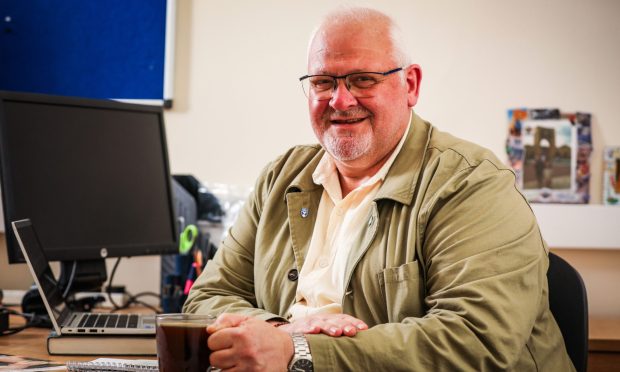
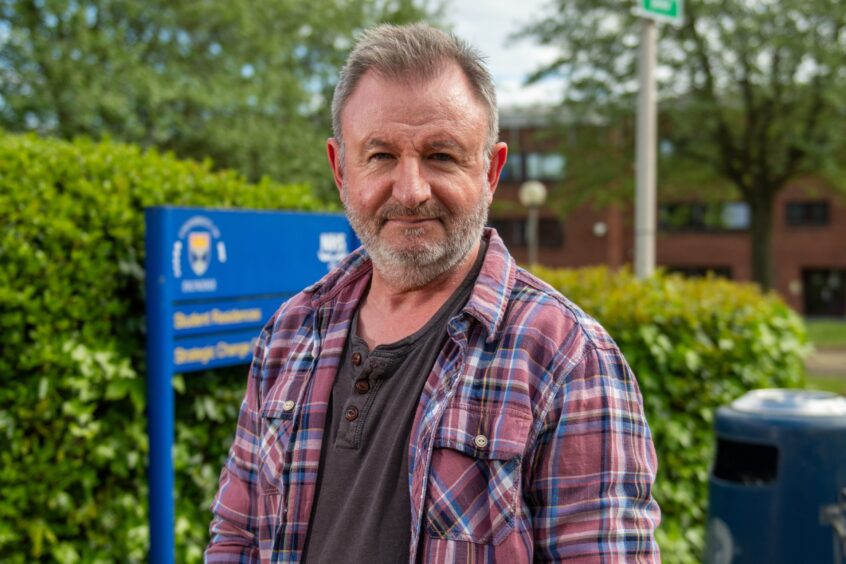
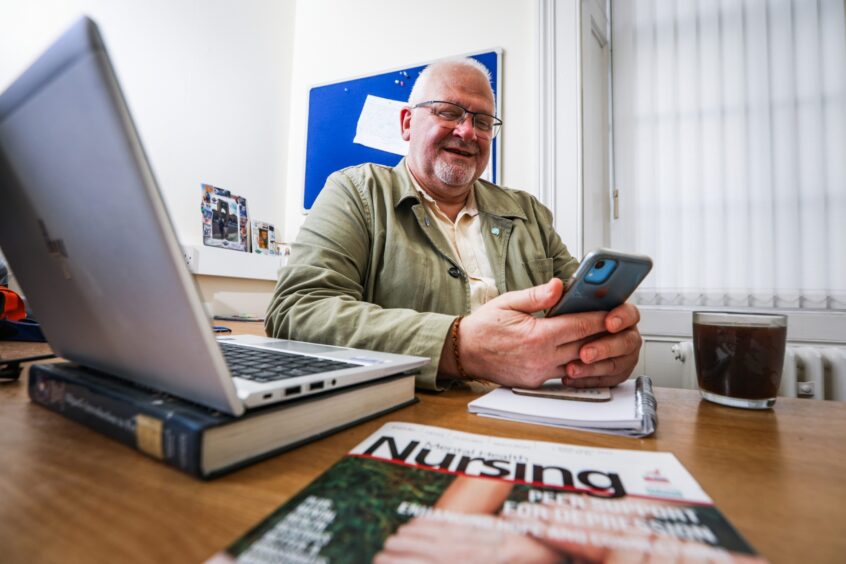
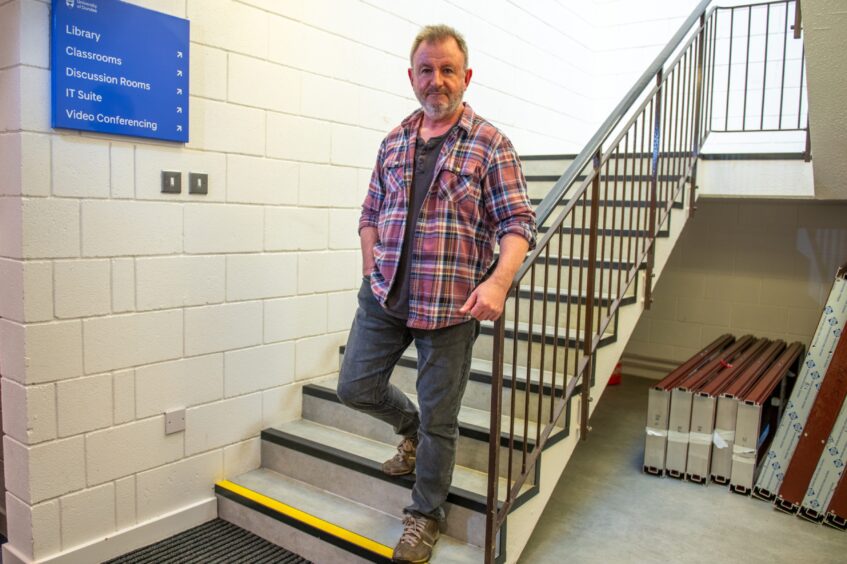
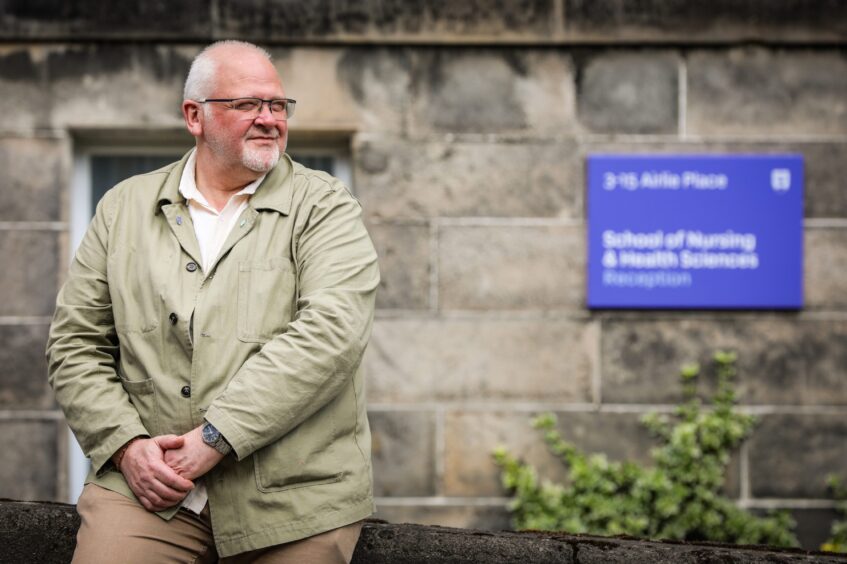
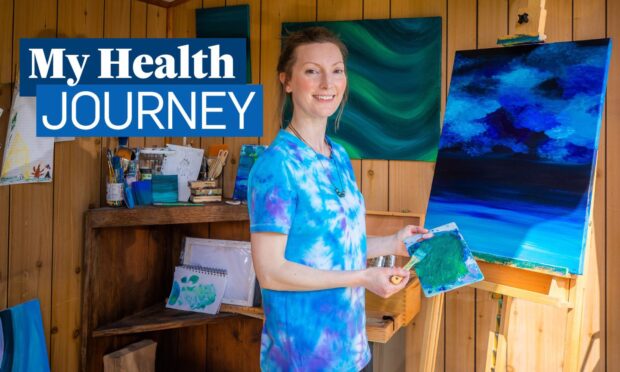
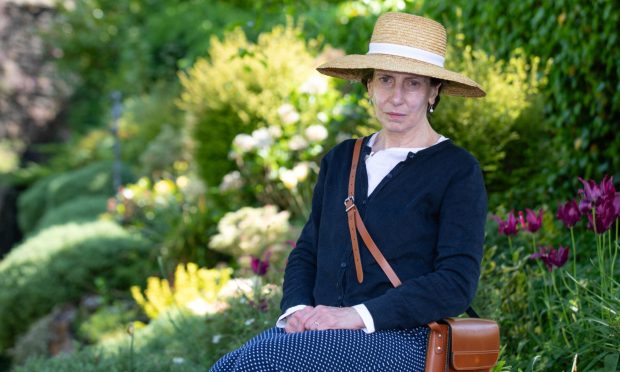
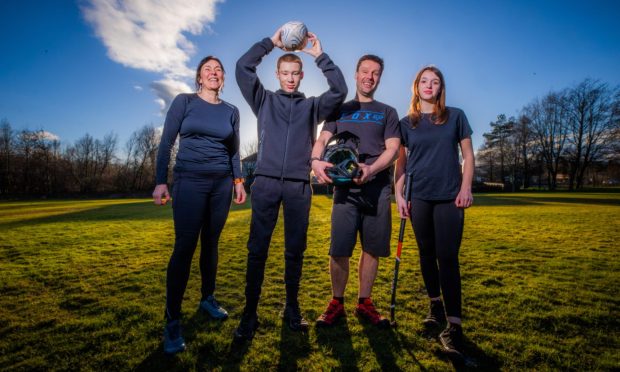
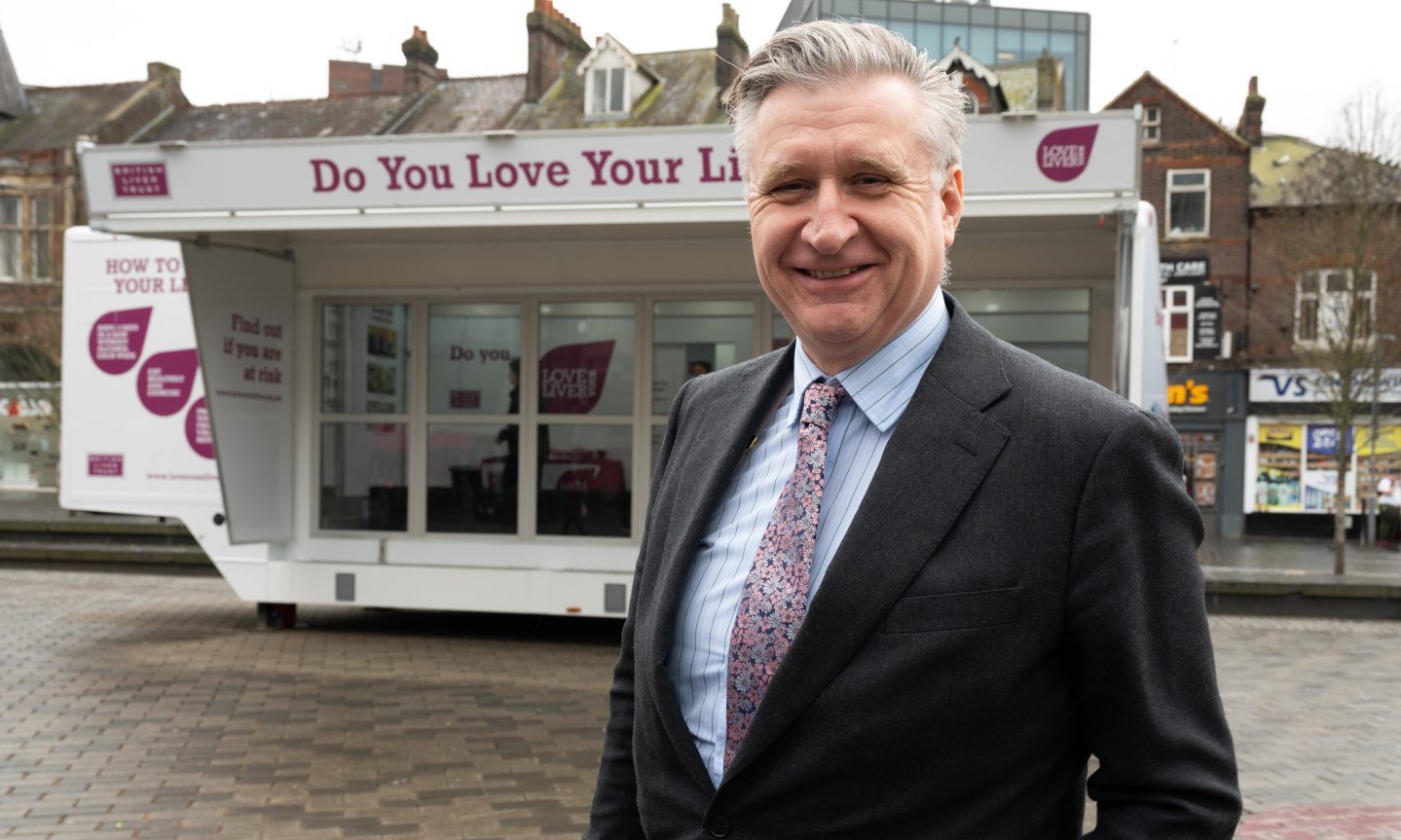
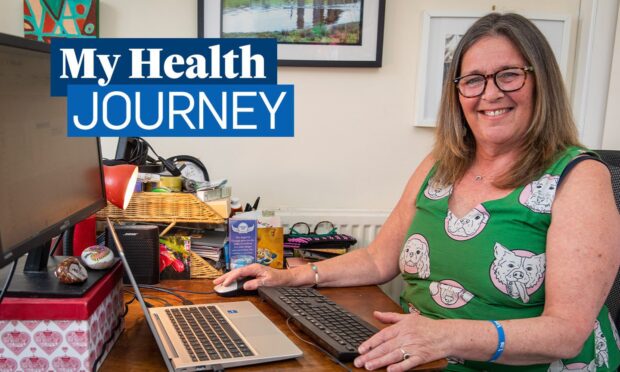
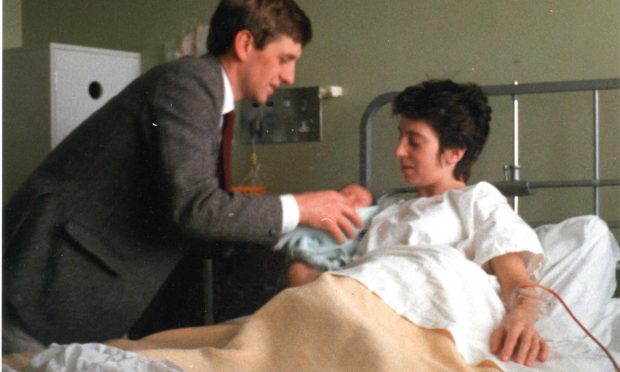

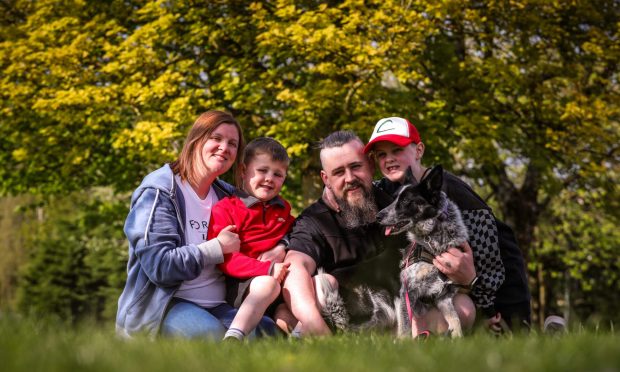
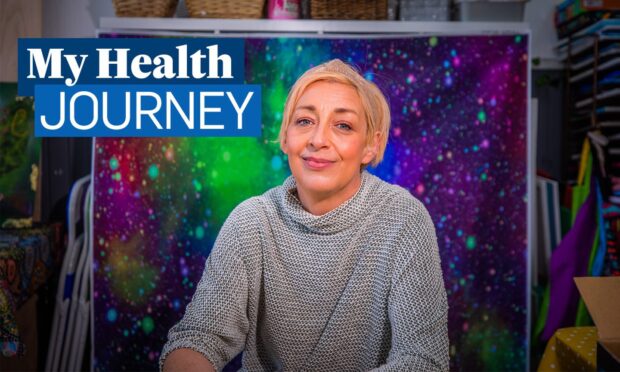
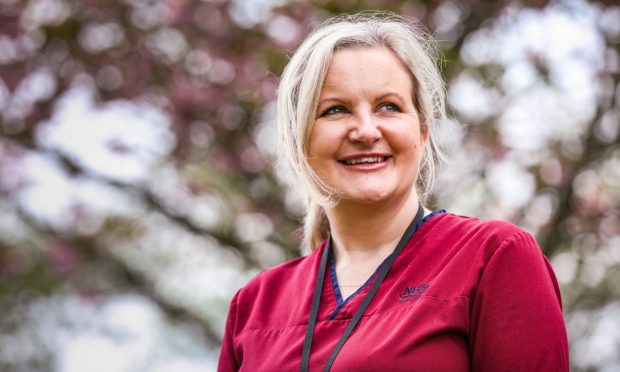
Conversation